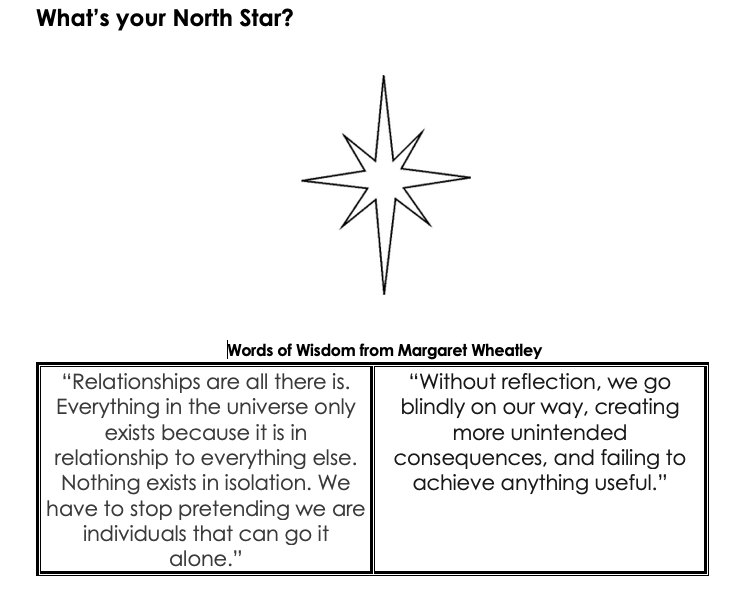Barry and I have been colleagues for the last 6 years. We first met while supporting a school in Harlem and then continued our work across the miles — coast to coast — through Sunday morning co-planning calls and writing. We are a great pair because we’ve nudged one another to think deeply about the things that matter to our practices and we hold inquiry and assets at our center. One of the best parts about our work together is the bridge we’ve created between our professional and personal lives. It’s pretty typical for Barry and I to launch or end our planning calls with, “what’s happening with the family?” type of dialogue. We work hard at keeping it real — real people, real lives, real work. We wouldn’t have it any other way. It doesn’t hurt, either, that we really dig each other’s spouses and kids—what blessings they are to each of us!
So, why all this chatter about our connection? For us, relationships, collaboration, and working with an asset-based mindset matters. We’ve worked to put our beliefs about learning, both with adults and students alike, into practice. Specifically, we believe learning is maximized when:
we build lasting RELATIONSHIPS with our colleagues
we work toward COLLECTIVE GOALS with SHARED AGREEMENTS about how to get where we are going
we catch the good — going after ASSET-BASED PROTOCOLS — always
we approach all problems of practice through MULTIPLE ENTRY POINTS
we create learning environments where everyone has something to GIVE and everyone has something they can GET
we use REFLECTION to look back in order to create steps forward
About once or twice a year, Barry and I try to live out our beliefs by working and learning alongside one another in the same space. Whether that’s Barry making his way east to take a class in NYC or my heading west to learn in his classroom, thinking and planning together has been a cornerstone of our work.
A few weeks ago, we had the pleasure of co-hosting a Learning Lab in Barry’s classroom. The classroom organization and culture, his students, and students’ work became our text for learning. Because collaboration is central to our work, we invited some colleagues to join us. It’s hard to really capture all of the beauty that came about — individually and collectively —from participants. What follows is a snapshot from our Bainbridge Island Learning Lab experience.
Reflection: Our educational North Stars are the things that help us hold steady while other things [priorities, initiatives] continue to move and change. Defining and living within your professional North Star helps you stay grounded in your work, regardless of what comes your way.
















![Access to templates forthcoming [Benchmark, 2020].](https://images.squarespace-cdn.com/content/v1/5a870022e45a7c0c0c9ea20e/1582474697016-M2FTQF01N18DCP4RRMKX/Screen+Shot+2020-02-23+at+11.06.32+AM.png)

